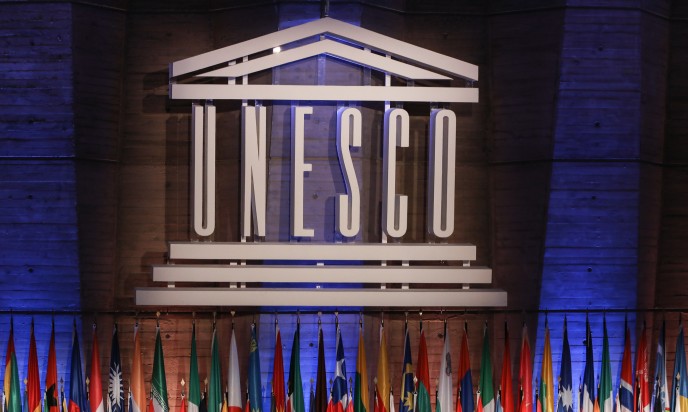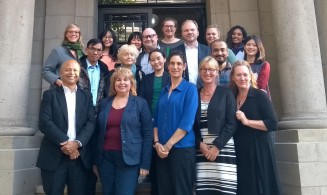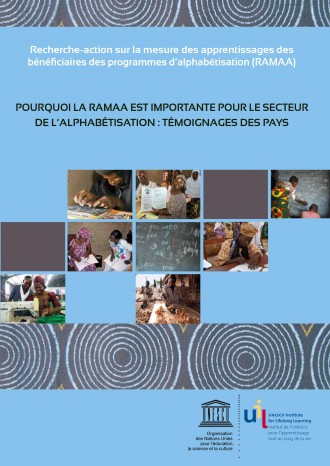

UNESCO adopts new Strategy for Youth and Adult Literacy for 2020 to 2025
40th UNESCO General Conference

On 15 November 2019 at UNESCO’s 40th General Conference in Paris, the Member States agreed to adopt a new UNESCO Strategy for Youth and Adult Literacy (2020-2025).
For UNESCO’s Education Sector, constituted by its Headquarters, its institutes, and field offices around the world, this Strategy will be a guiding framework for the promotion of youth and adult literacy in the coming years.
Identified by the Member States, key partners and literacy experts through consultations, the new literacy strategy has four strategic priority areas:
- Supporting Member States in developing national literacy policies and strategies;
- Addressing the learning needs of disadvantaged groups, particularly women and girls;
- Leveraging digital technologies to expand access and improve learning outcomes;
- Monitoring progress and assessing literacy skills and programmes.
The Strategy will facilitate UNESCO’s targeted support to countries and populations that are facing the biggest literacy challenges in the world. These include, but are not limited to, the 29 member countries of the Global Alliance for Literacy within the Framework of Lifelong Learning (GAL) that is coordinated by the UNESCO Institute for Lifelong Learning. The Alliance includes 20 countries with an adult literacy rate below 50 percent, and the E9 countries, a consortium of the 9 most populous countries, which are home to over a half of the world’s population.
The Strategy also focuses on gender equality and addresses the learning needs of marginalized peoples, including out-of-school youth, refugees, migrants and indigenous peoples who are part of the 750 million adults around the world who lack basic literacy skills. The Strategy will also aim to strengthen and encourage cooperation among these countries to share best practices of promoting literacy in a lifelong learning perspective.
The new Strategy is aligned with the Sustainable Goal on Education 4 (SDG4) and Education 2030 Agenda to mobilize stronger political and financial commitment to equal and equitable access to quality education to leave no one behind.
It was developed through an inclusive and participatory process in which 80 UNESCO Member States from all regions were involved. In October prior to the General Conference the Strategy was strongly supported by the UNESCO’s Executive Board.
The new Strategy builds upon lessons learned from previous initiatives and strategies, notable the United National Literacy Decade (UNLD, 2003 – 2012) and the UNESCO Literacy Initiative for Empowerment (LIFE, 2006 – 2015), UNESCO’s former operational framework for realizing the visions and goals of UNLD.
UNESCO Strategy for Youth and Adult Literacy (2020-2025)
News from opening of the 40th General Conference
This news item was originally posted on www.unesco.org










